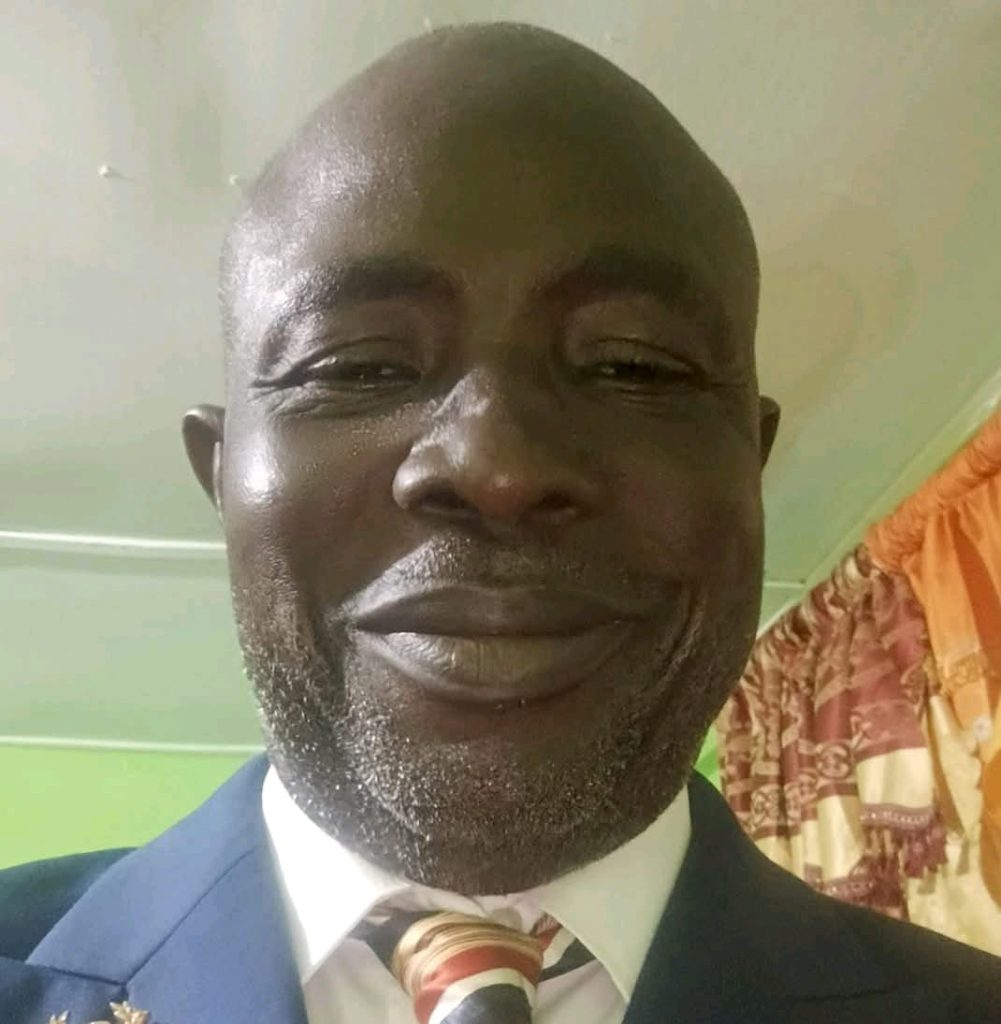Captain Jerry Kerkulah Kollie, a prominent figure in Bong County, Liberia, has launched a scathing attack on Senator Prince K. Moye, accusing him of orchestrating divisions within the county’s leadership and jeopardizing the region’s political stability. Kollie’s critique centers on what he terms “self-styled divisions,” alleging that Senator Moye’s actions have exacerbated existing tensions and fostered a climate of distrust among key political players in Bong County. This public denunciation marks a significant escalation in the ongoing political drama within the county and foreshadows a potentially volatile election cycle in 2029.
Kollie, speaking during a radio interview, specifically pointed to the strained relationship between Senator Moye and Representative Josiah Melvin Cole as a prime example of the divisive impact of Moye’s leadership. He argued that this unresolved conflict has ripple effects throughout the county’s political landscape, contributing to dysfunction within the House of Representatives and fueling broader unrest among the electorate. By framing Senator Moye as the catalyst for these divisions, Kollie seeks to portray him as a destabilizing force within Bong County, unfit to continue holding office.
Further amplifying his criticism, Kollie dismissed a recently established reconciliatory committee, headed by Senator Moye and Superintendent Esther Walker, as a futile exercise. He argued that any genuine attempt at reconciliation must begin with addressing the fractured relationship within the county’s legislative caucus, a task he believes Senator Moye is incapable of undertaking given his alleged role in creating the divisions. Kollie’s skepticism towards the committee underscores his deep distrust of Senator Moye’s motives and casts doubt on the sincerity of the reconciliation efforts.
Kollie’s accusations paint a picture of a county grappling with deep-seated political rifts, with Senator Moye positioned at the epicenter of the conflict. He portrays Moye as a manipulative figure, exploiting existing tensions for personal gain and undermining the county’s political stability. This narrative serves to not only discredit Moye’s leadership but also to position Kollie as a defender of unity and a voice for those disillusioned with the current political climate. By casting Moye as the primary obstacle to reconciliation, Kollie implicitly presents himself as a potential alternative, someone capable of bridging the divides and restoring harmony within the county.
The timing of Kollie’s attack is also noteworthy, coming years ahead of the 2029 senatorial elections. This early offensive suggests a strategic move to preemptively weaken Moye’s standing within the community and lay the groundwork for a potential challenge to his incumbency. By publicly airing these grievances and framing Moye as a divisive figure, Kollie aims to mobilize public opinion against the senator and create a receptive audience for his own political aspirations. This early maneuvering underscores the high stakes involved in Bong County politics and the intensifying competition for power.
The overarching narrative presented by Kollie is one of a county teetering on the brink of political chaos, with Senator Moye cast as the primary antagonist. This narrative, whether entirely accurate or strategically crafted, serves to highlight the deep-seated divisions within Bong County and the urgent need for genuine reconciliation. The public airing of these grievances, while potentially escalating tensions in the short term, may also serve as a catalyst for much-needed dialogue and ultimately pave the way for a more unified and stable political landscape in Bong County. The coming years will undoubtedly witness a fierce political battle, with the future of Bong County hanging in the balance.














